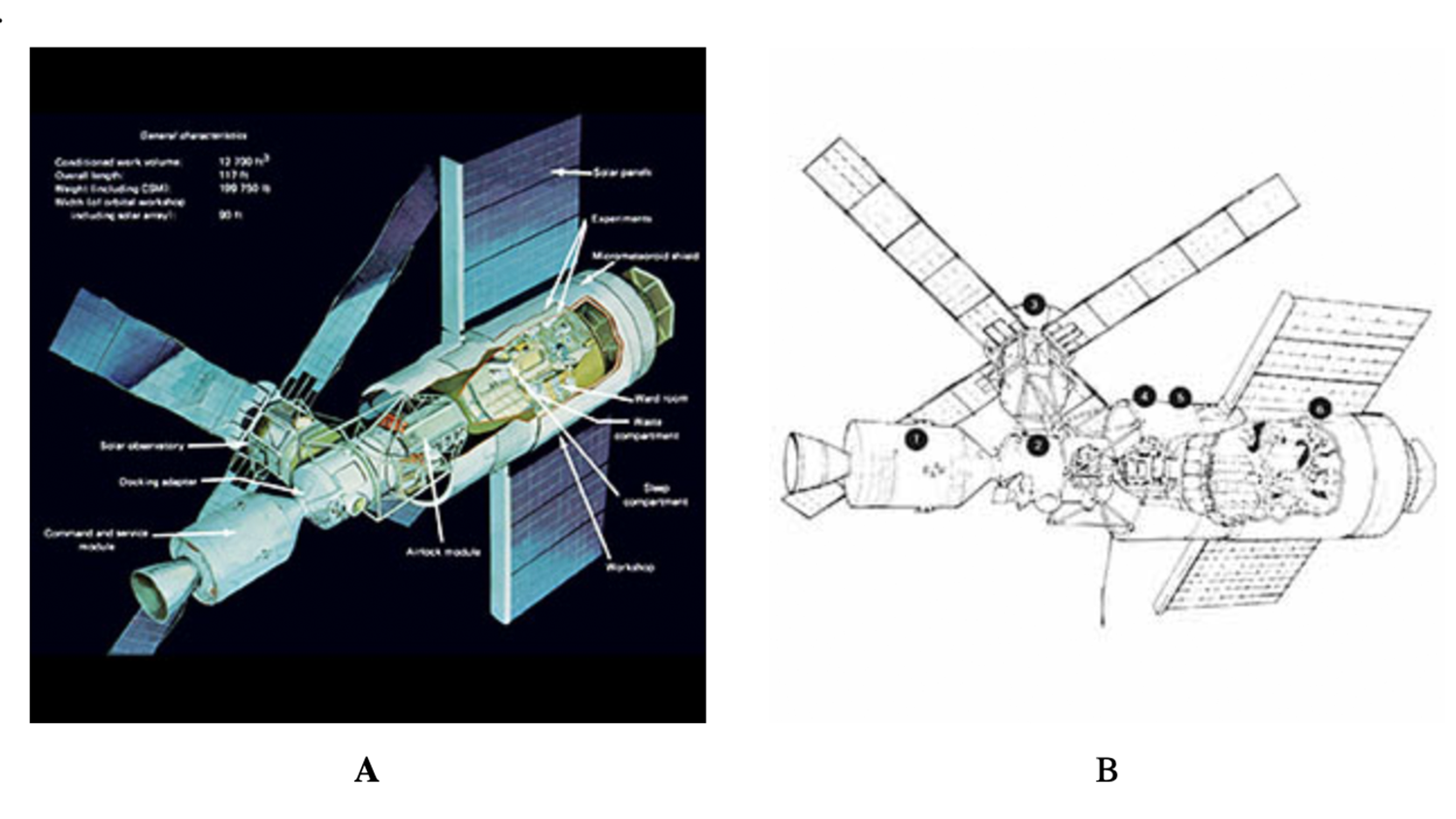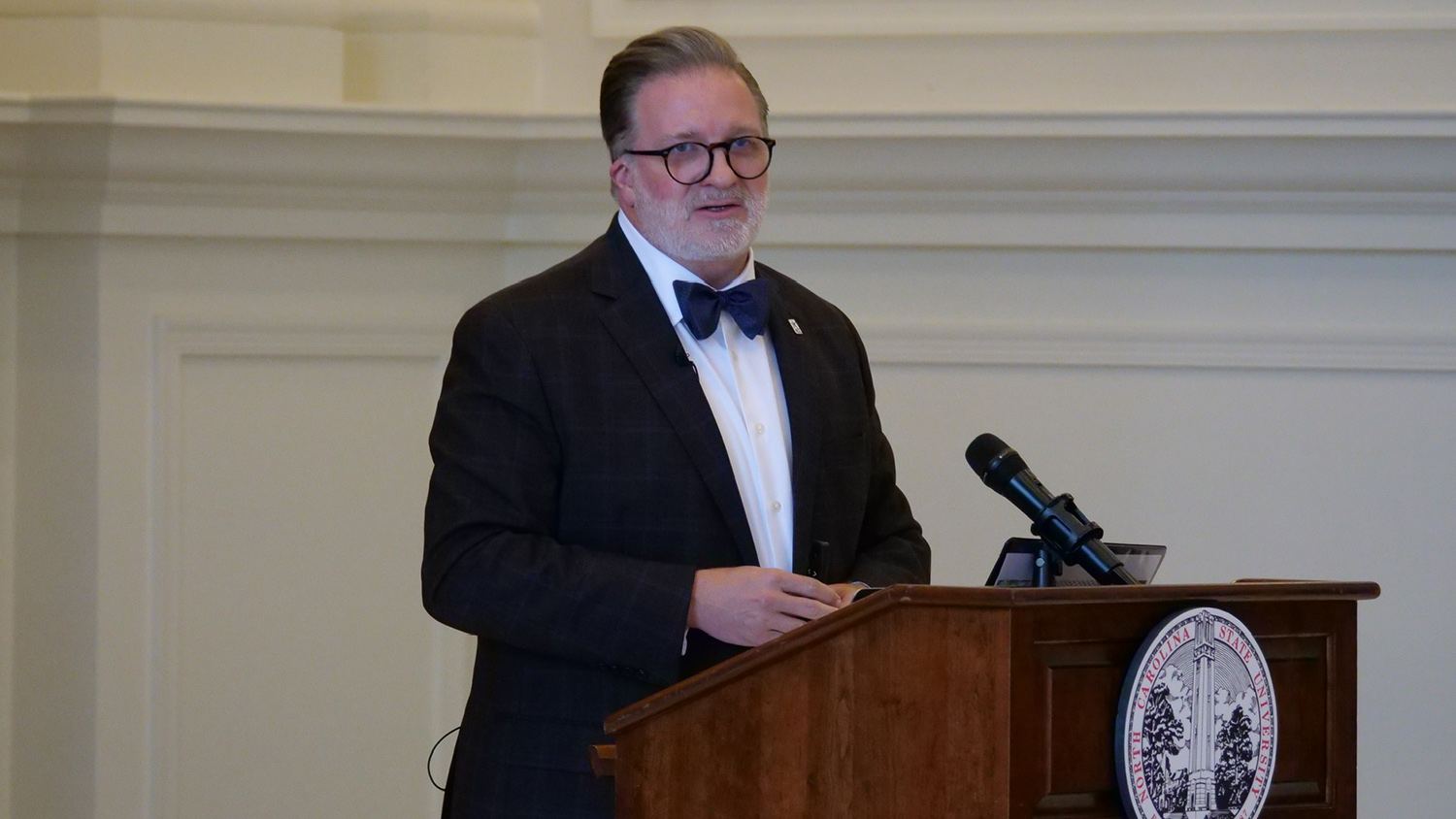Article from Professor and Department Head Aaron Clark, Lecturer Erik Schettig and Assistant Professor Daniel Kelly Wins ITEAA Gerald Day Excellence in Authorship Award

An article co-authored by NC State College of Education Professor and Department of STEM Education Head Aaron Clark, Lecturer Erik Schettig ‘’09, ’11MED, ’24EDD and incoming Assistant Professor Daniel Kelly ’17EDD has been recognized with the International Technology and Engineering Education Association (ITEAA) Gerald Day Excellence in Authorship Award.
The annual Excellence in Authorship Awards recognize top-rated articles published in Technology and Engineering Teacher as determined by readers of the publication. The award is the highest publication honor in the technology, engineering and design education field.
“I think what this award does is recognize the good work that people do in the field, from our college, in this unique area of technology, engineering and design education,” Clark said.
The award-winning paper, entitled “Active Learning Strategies and Applications for Engineering Design Graphics Courses,” discusses the benefits of active learning as well as its application in engineering graphics courses.The paper stems from research that began with a National Science Foundation IUSE grant that was a collaboration between NC State and several other universities.
The original project focused on at-risk students in introductory engineering graphics courses, looking at persistence, retention, motivation and self-efficacy. The study placed a particular emphasis on students who are historically underrepresented in technology, engineering and design education, including women and students of color.
“Many of these students generally don’t see themselves in the field and that’s part of the problem we have with retention,” Kelly said. “Everybody in the program at NC State is capable of the academics, or they wouldn’t be here. The academics aren’t the issue; it’s all of the other components that keep students enrolled and engaged.”
Active learning, their research shows, leads to a direct increase in student engagement with course content as well as a greater gain in both knowledge and skills in the subject area.
Because students in engineering design courses often come into the class with a range of prior experience – from extensive knowledge gained through pre-college courses or a parent’s job to no prior experience at all – active learning also provides more equitable access to instructional materials, Kelly said.
“A lot of those introductory courses are playing catchup, not just in the materials, but catch up in access to instructors or access to additional help and coaching or things that will impact a student’s self-efficacy,” he said.
For Schettig, active learning is a daily component in the majority of classes he teaches in the College of Education. Students will regularly be provided with a problem-based learning activity or challenge and be allotted anywhere from a few minutes to a few class periods to design a solution.
He also promotes active learning by encouraging students to find their own resources when they have questions.
“They’re not only going through and designing solutions to problems, but they’re learning how to actually go out and seek resources and answers and how to use tools to solve problems,” he said.
This research has also been a crucial part of both Kelly and Schettig’s graduate careers.
As a graduate student in the College of Education, Kelly helped to author the original grant and used his work on the project to help inform his dissertation. Now, Schettig, who hopes to graduate with his Ph.D. in Learning and Teaching in STEM engineering and technology education concentration, is extending the research from this project in his own dissertation work.
“I’m taking the active learning approach in engineering graphics that’s been done over the past few years, and I’m going to work with the team on investigating if there’s any impact as far as persistence and retention in STEM degrees to see what kind of possible longitudinal impacts are there,” Schettig said.
- Categories:


